Filter products
Trace elements
Trace elements are crucial for the health of the human body. Through their involvement in important processes such as immune function, hormone regulation and metabolic regulation, they have a significant influence on our well-being. An adequate supply of trace elements, including copper, selenium and zinc, is therefore of crucial importance. These elements help to ensure that vital functions run smoothly and support the health of the entire organism. A conscious diet that provides the necessary trace elements is therefore essential to promote health and maintain a good attitude to life in the long term.
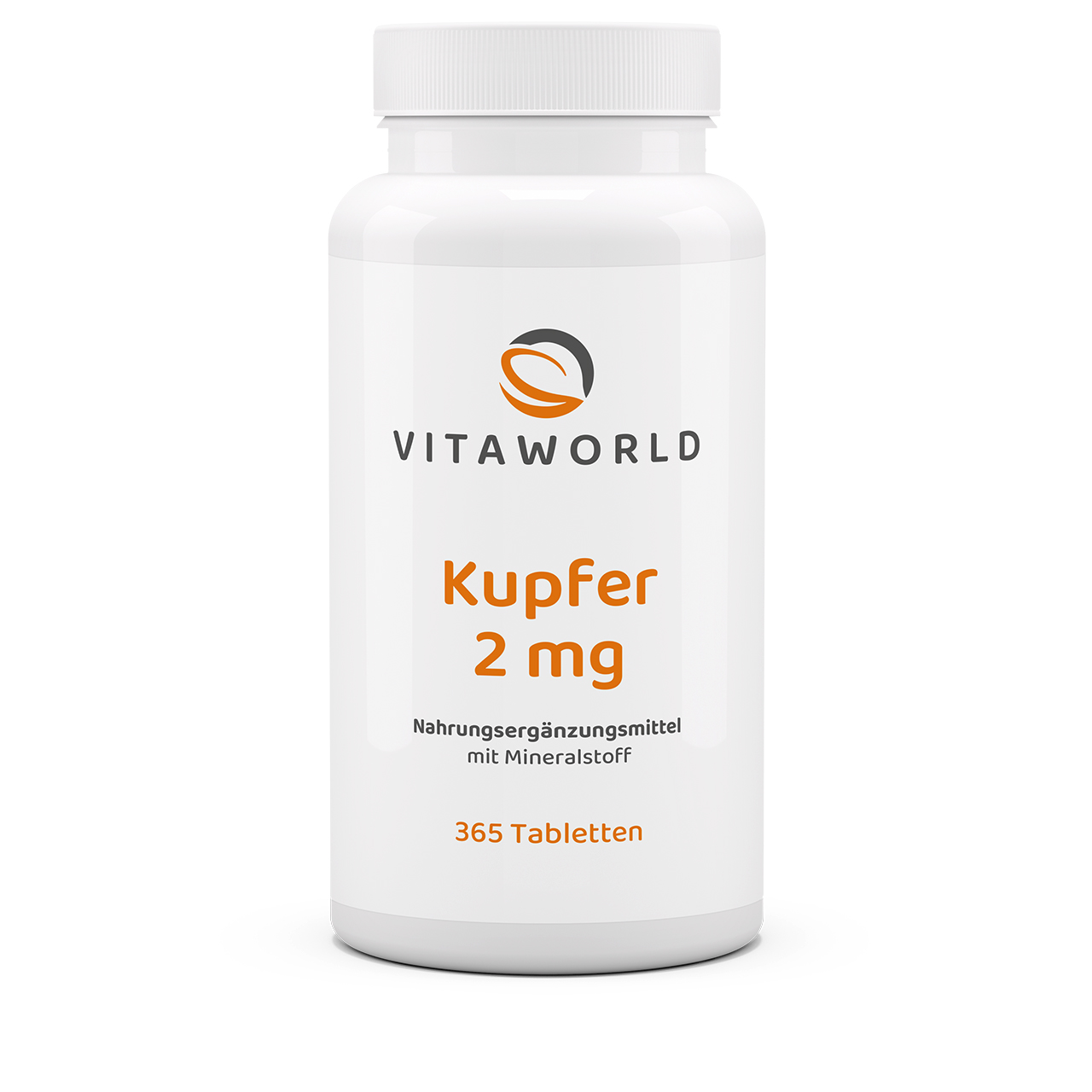
- Copper gluconate with high bioavailability – ideal for daily supplementation
- Copper contributes to the maintenance of connective tissue, skin and hair pigmentation
- Essential trace element – important for long-term zinc intake
Content: 0.0803 Kilogramm (€173.10 / 1 Kilogramm)

- Plant-based: 14 mg iron from natural curry leaf extract per capsule
- Clever combination: With 40 mg vitamin C from acerola for optimal iron absorption
- Gentle & effective: Well tolerated – also ideal for vegetarians and vegans
Content: 0.067 Kilogramm (€341.79 / 1 Kilogramm)
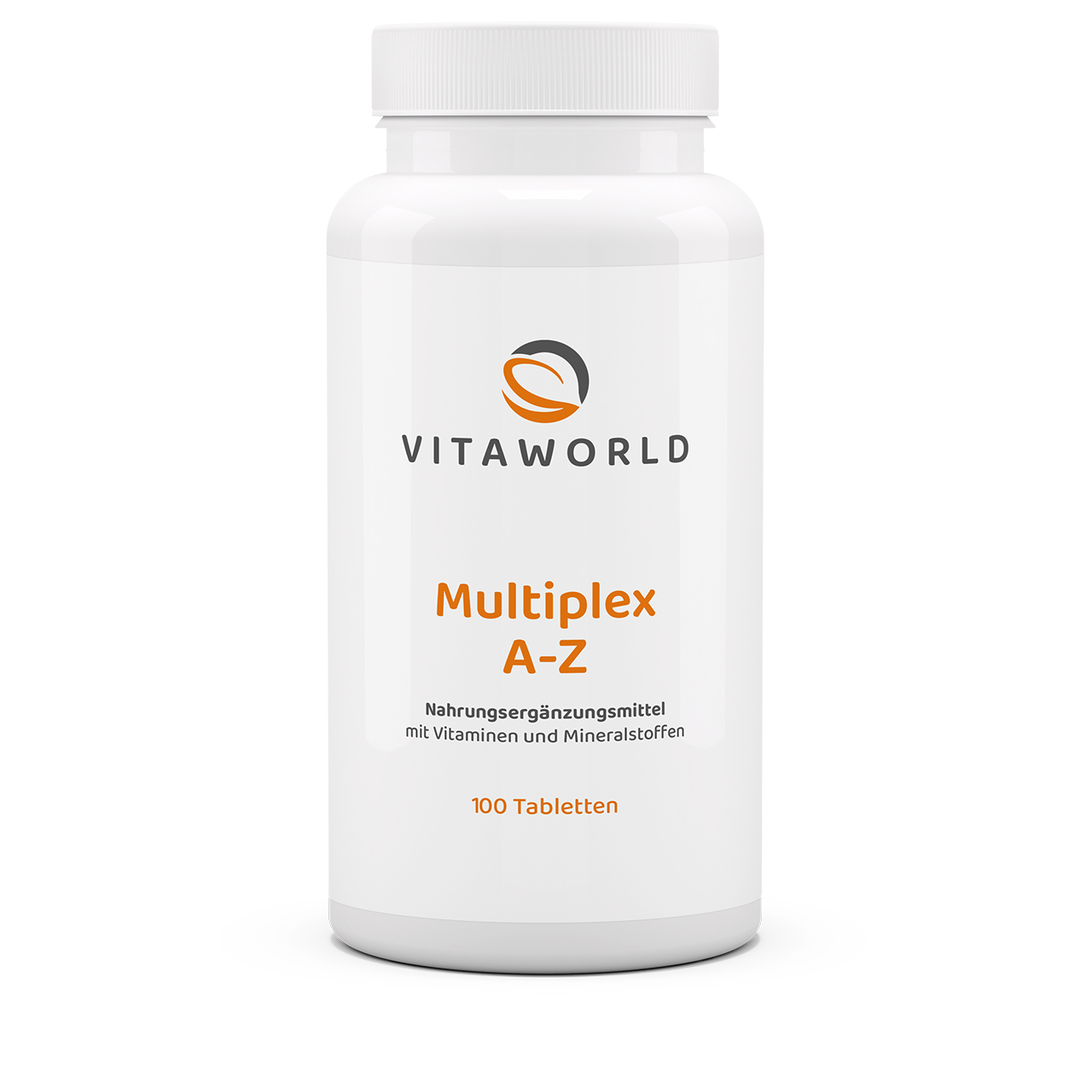
- With 24 carefully balanced vitamins, minerals and trace elements
- Contains all essential micronutrients – from A to Z
- For your daily all-round care – ideal for everyday use and when you need a little extra
Content: 0.0125 Kilogramm (€1,192.00 / 1 Kilogramm)

- Helps protect cells from oxidative stress
- Supports the immune system, thyroid and nervous system
- Essential trace element – a useful supplement for diets low in selenium
Content: 0.021 Kilogramm (€566.67 / 1 Kilogramm)
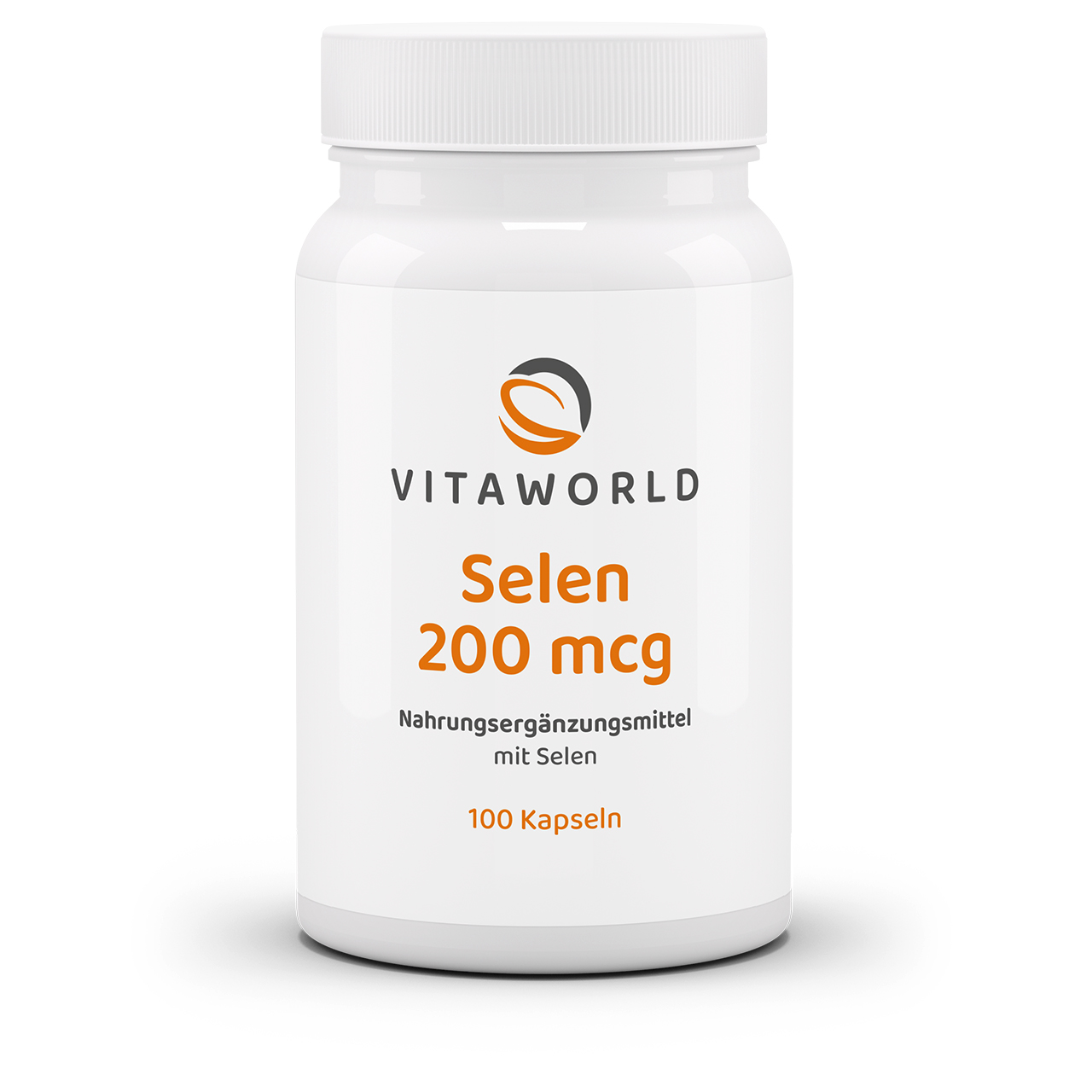
- Helps protect cells from oxidative stress
- Supports the immune system, thyroid and nervous system
- Essential trace element – a useful supplement for diets low in selenium.
Content: 0.0275 Kilogramm (€541.82 / 1 Kilogramm)
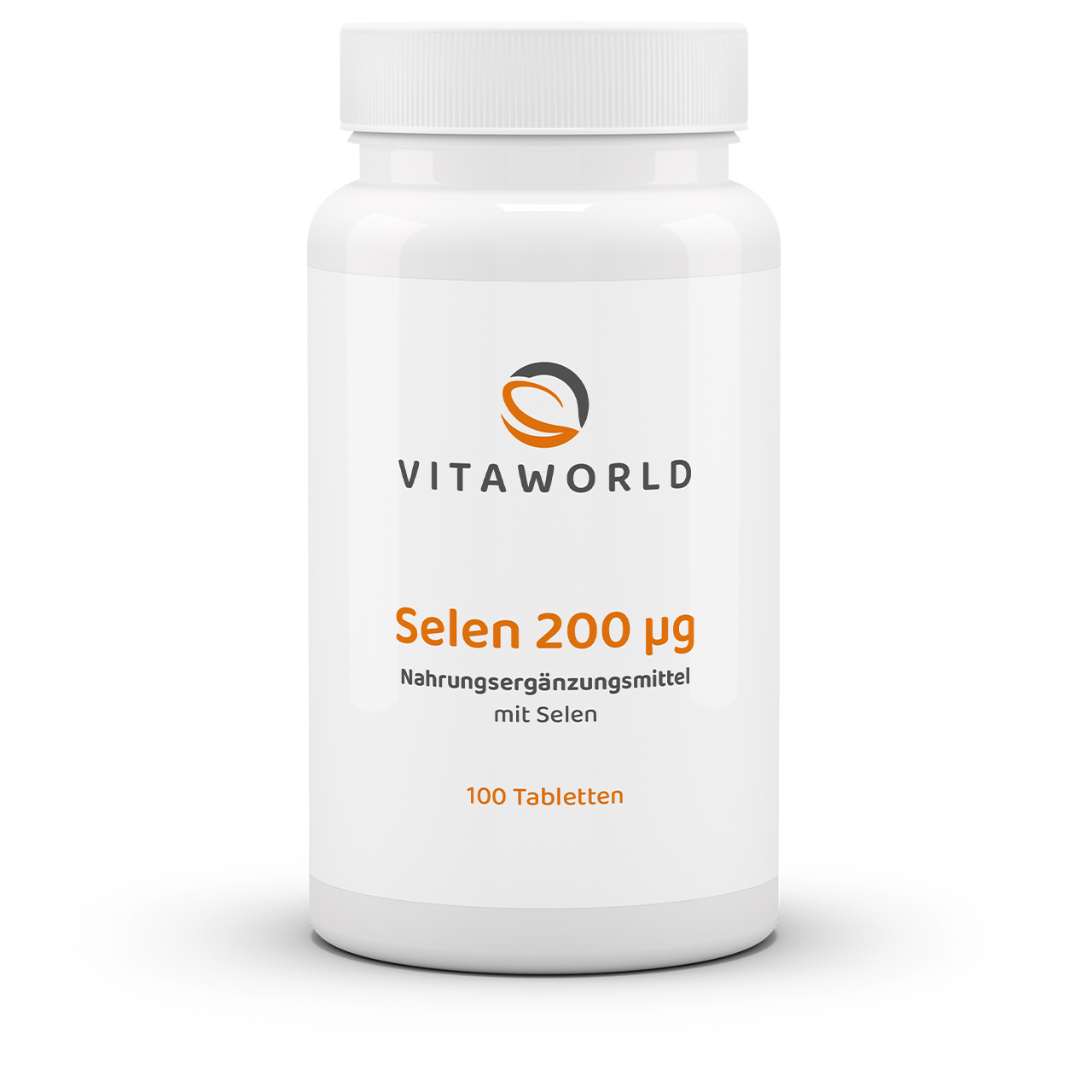
- Helps protect cells from oxidative stress
- Supports the immune system, thyroid and nervous system
- Essential trace element – a useful supplement for diets low in selenium.
Content: 0.0485 Kilogramm (€286.60 / 1 Kilogramm)

- Fresh energy for spring – with B vitamins & magnesium
- D3, zinc & selenium – for the immune system & renewed vitality
- Less fatigue, more energy – with vitamin B12
Content: 0.2647 Kilogramm (€218.74 / 1 Kilogramm)
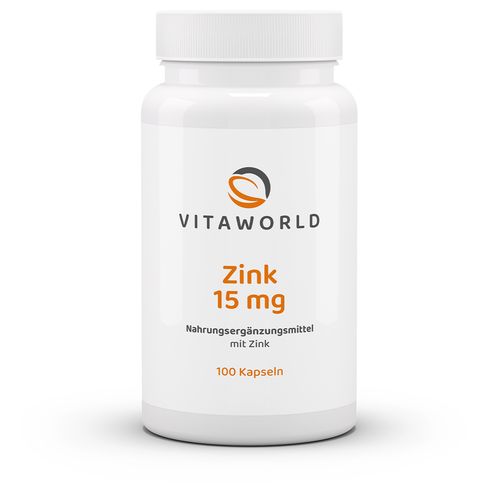
- 15 mg pure zinc – daily for your well-being
- Supports the immune system, cell protection and hormone metabolism
- Ideal for support during demanding times
Content: 0.0215 Kilogramm (€460.47 / 1 Kilogramm)
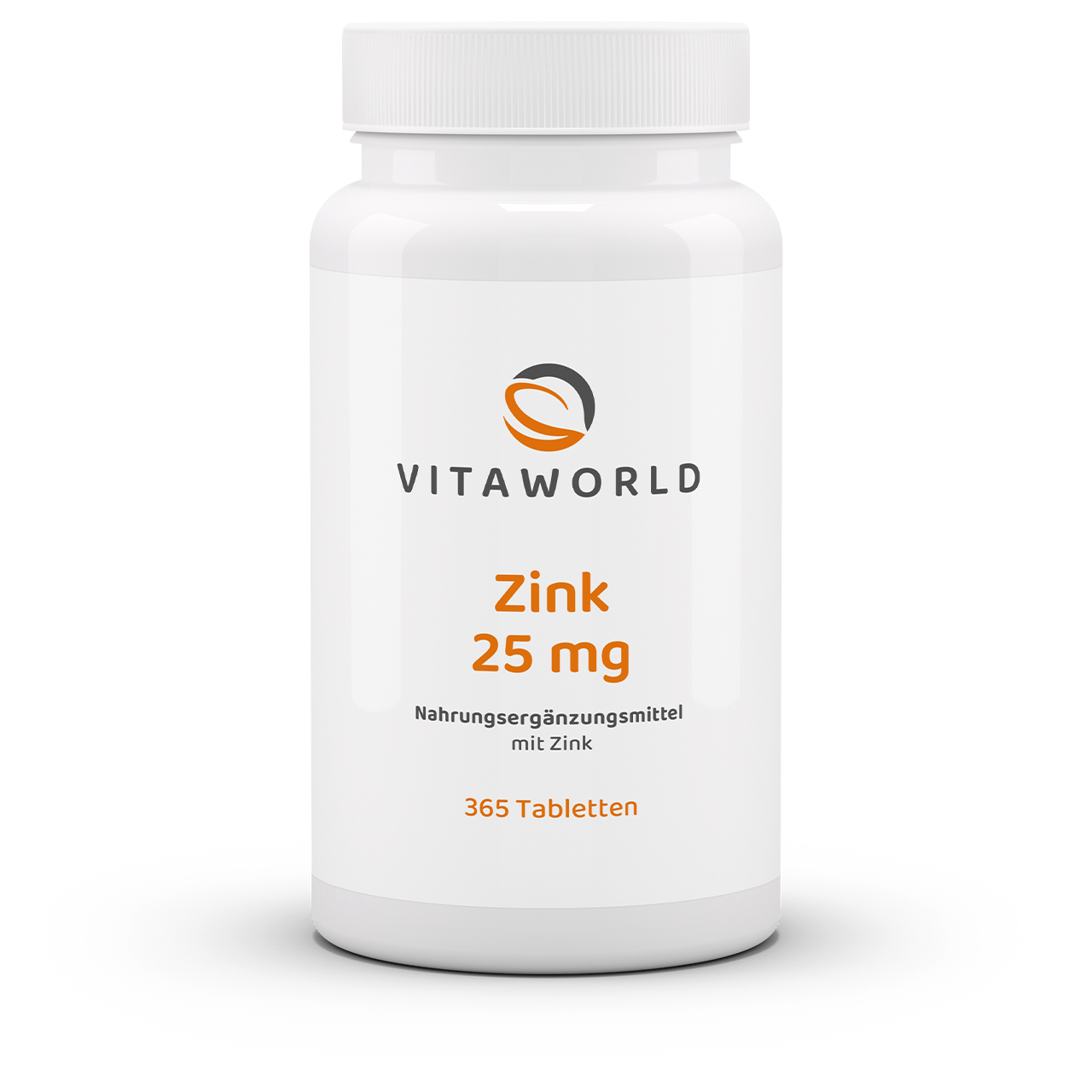
- 25 mg pure zinc – daily for your well-being
- Supports the immune system, cell protection and hormone metabolism
- Ideal for support during demanding times
Content: 0.0913 Kilogramm (€217.96 / 1 Kilogramm)
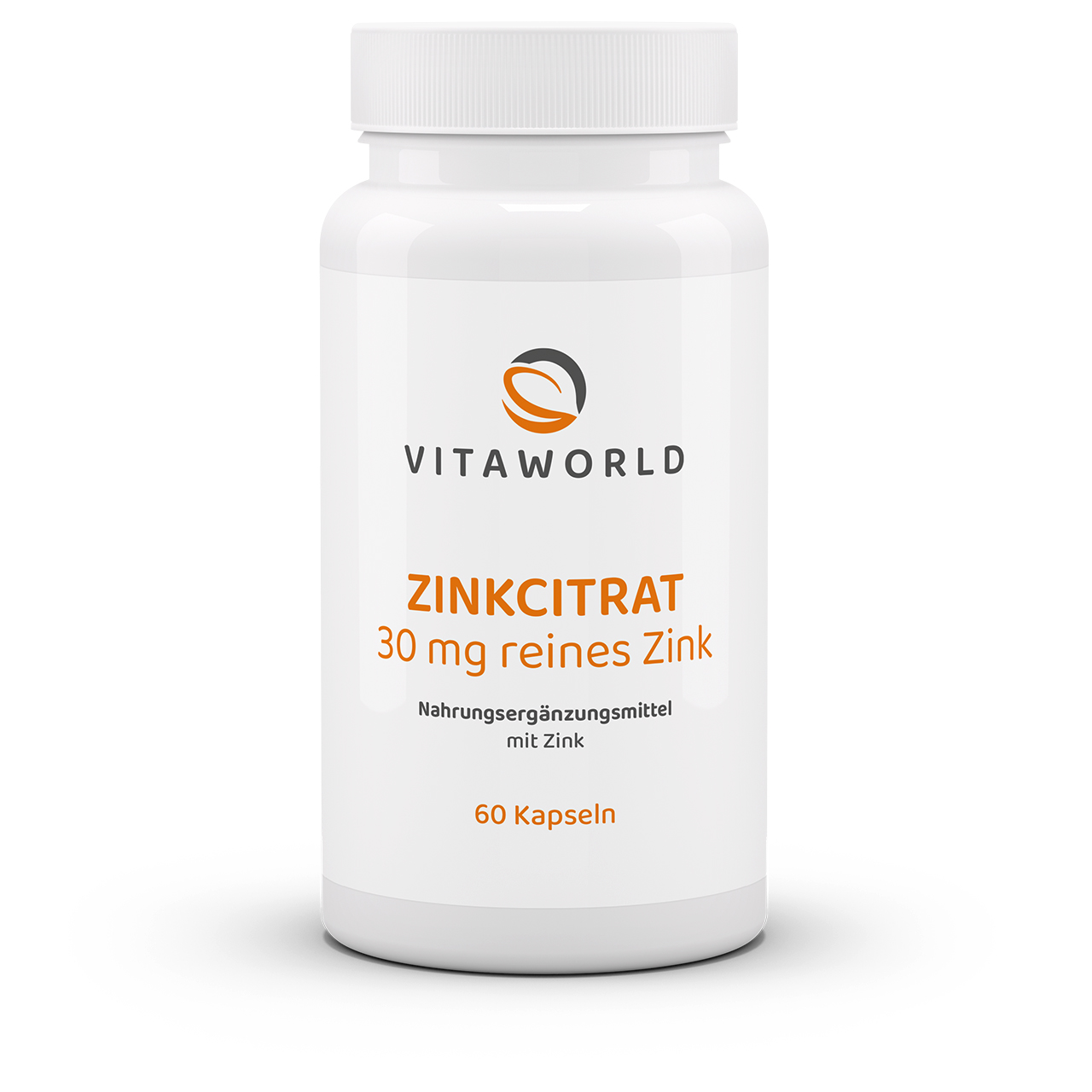
- 30 mg pure zinc – daily for your well-being
- Supports the immune system, cell protection and hormone metabolism
- Ideal for support during demanding times
Content: 0.03 Kilogramm (€430.00 / 1 Kilogramm)

- Strong double action for your immune system
- Protects cells and supports the immune system
- Ideal for daily basic care – carefully combined
Content: 0.0335 Kilogramm (€38,507.46 / 100 Kilogramm)
